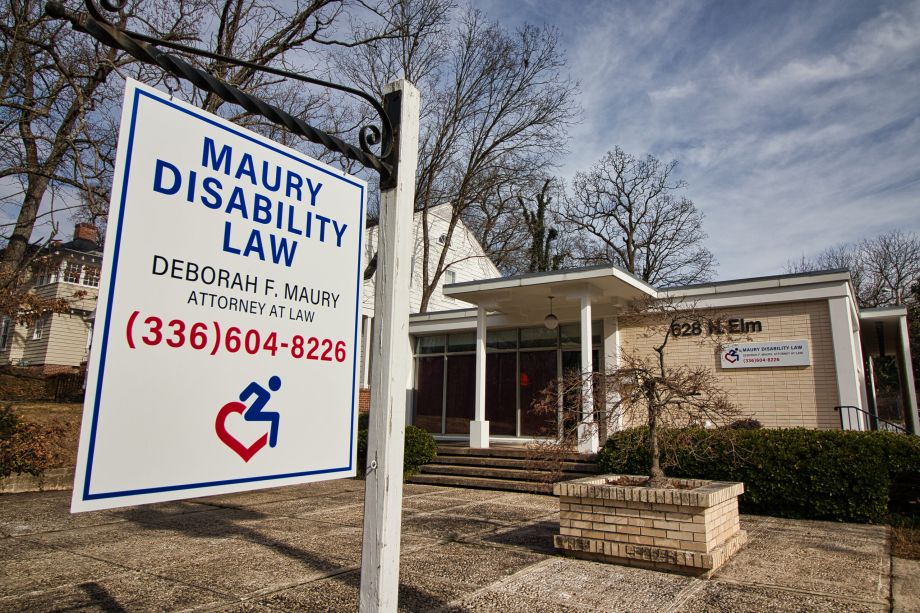Supplemental Security Income (SSI)
If you have insufficient income or not currently working because of a disability, Get Legal Help From Maury Disability Law!
Supplemental Security Income (SSI) is a needs based program for individuals who have not worked or have not worked enough to be eligible for Disability Insurance benefits. These benefits are typically paid to low-income individuals who are also disabled. There is no requirement that you have worked in the past. SSI is designed to provide an income for those earning a low income if they are considered disabled. When applying for SSI disability, you must meet the qualifications of Supplemental Security Income, having only limited income and resources. There is also a special SSI benefit for the blind.
It is important to keep in mind, that if your spouse has a regular income, the Social Security Administration may consider part of your spouse’s income when it determines whether you meet the financial requirements for SSI. For those with minimal income, limited assets and insufficient work history Supplemental Security Income may be your best choice.
What is Supplemental Security Income?
In rare cases, SSD applicants may also be eligible for Supplementary Security Income (SSI). Unlike SSD, SSI is a needs-based program. SSD applicants may be eligible for SSI if they qualify for SSD and receive low monthly payments.
To qualify for supplemental security income benefits, you must be at least 65 years of age, blind, or disabled, and have a limited income, limited resources, and be a U.S. citizen or naturalized citizen of the United States.
SSI Disability
A qualifying disability for SSI is a mental or physical impairment that:
- Causes an inability to maintain gainful employment; and
- Will probably result in death; or
- Lasted or could last continually for at least twelve months.
Limited Income
Eligibility mostly depends on a person’s income. If your income is too high, your benefits could get reduced, or your claim for SSI benefits could get denied. The Social Security Administration determines your total income from different sources, such as:
- Earned income: Wages, specific royalties and honoraria, net earnings from being self-employed, and sheltered workshop payments.
- Unearned income: Income you didn’t earn, such as pensions, unemployment benefits, interest income, Social Security benefits, state disability payments, and cash your friends or family gifted to you.
- In-kind income: Shelter or food given to you for free or less than the fair market value.
- Deemed income: The income of your live-in spouse, live-in parent, or a sponsor (if you’re an alien).
Factors that don’t count as income include:
- Income tax refunds
- The first $20 of your monthly income
- Food stamps
- Shelter provided by a nonprofit organization
- Loans you have to repay
- Most home energy assistance programs, such as National Grid
- Small amounts of irregular income
Limited Resources
Limited resources refer to various assets that are worth less than $2,000 if you’re an individual and less than $3,000 for a couple. Eligible assets include:
- Land
- Cash
- Personal property
- Vehicles
- Bank accounts, U.S. savings bonds, and stocks
- Life insurance
- Possessions you can use for food or shelter, or that you could convert to cash
Do You Qualify for SSI?
When applying for SSI disability, you want to make sure you are meeting the requirement of having limited or no income. These benefits are paid to low-income individuals who are also disabled or for low-income children with significant disabilities, and also a specific benefit for the blind. If you or someone you care for (a child or an adult with special needs) requires financial assistance to manage a mental or physical disability, Maury Disability Law can provide you with the help you need either completing an application help you with an appeal for SSI benefits.
In short, if you or a loved one has a documented disability, has not worked or can no longer work and is on a limited income, reach out to Maury Disability Law Today


Determination for SSI
- Is Claimant Working?
- Is Claimant medical condition “severe”?
- Is Claimant’s medical condition found eligible?
- Can Claimant do any previous job?
- Can claimant do any other job?
Appeals Process
- Reconsideration
- Administrative Law Judge Hearing
- Review by the Appeals Council
- Federal Court review
Need help?
Call us at (336) 604-8226
